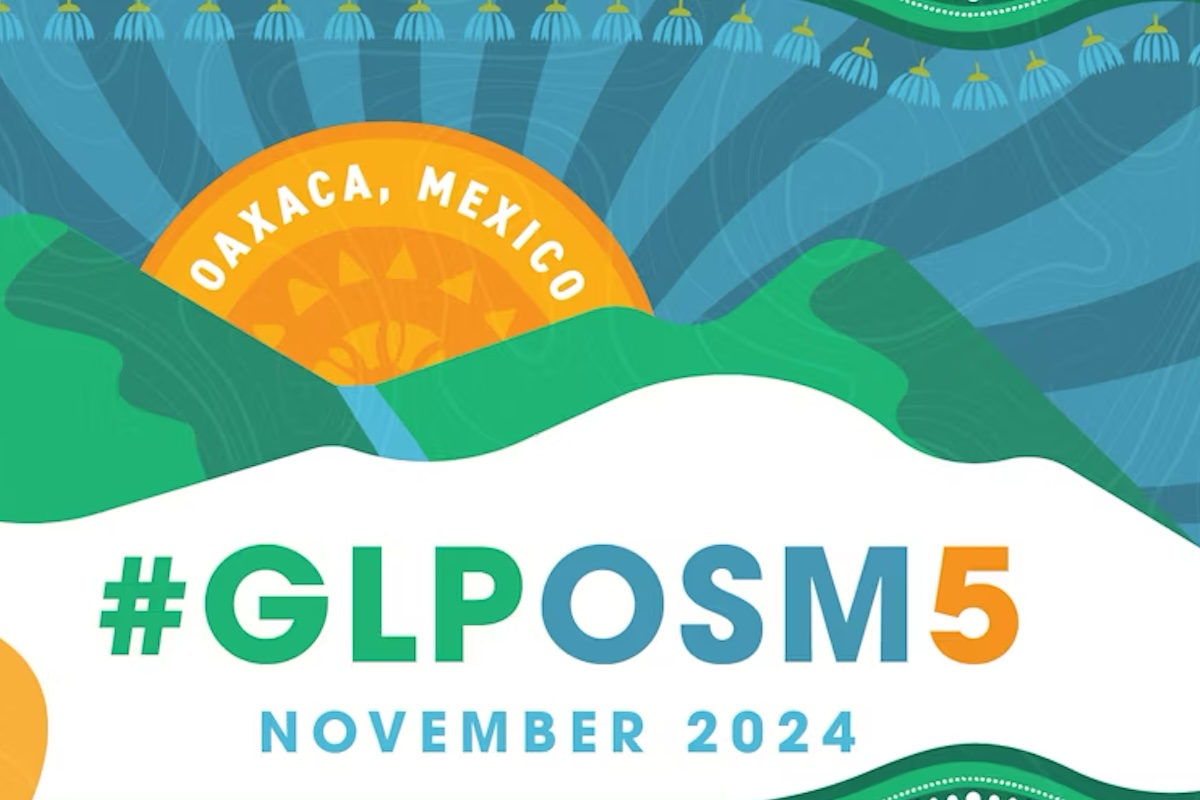5th Open Science Meeting “Pathways to Sustainable and Just Land Systems”

NbSI led session: 217R The role of land-use in achieving climate and biodiversity objectives: towards more holistic scenario assessment
Organizer(s): John Lynch, Aline Soterroni
There are considerable and increasing pressures on ecosystems globally. We must maintain and increase the capacity of nature to provide ecosystem services, from food provision and climate regulation to livelihoods and recreation, while minimising our environmental footprint and reversing the decline in biodiversity. Furthermore, there are expectations for transformational land-use change to help meet wider biodiversity and climate goals in tandem. Yet there are also criticisms that current scenario modelling is too narrow. For example, net-zero pathways that solely focus on climate solutions in isolation from their biodiversity impacts or national contexts often lead to significant amounts of land dedicated to monoculture afforestation or bioenergy with carbon capture and storage (BECCS).
These actions are not nature-based solutions and can lead to detrimental environmental or social impacts. In this session, we will explore some of the conceptual and practical tools that can enable more holistic evaluation, addressing multiple sustainability criteria, and highlight case-studies of multi-criteria assessment methods that can contribute to achieving and monitoring genuinely sustainable land-use.
We will highlight recent developments in Life Cycle Assessment (LCA) and scenario modelling, including Integrated Assessment Models (IAMs), that are improving our ability to anticipate and evaluate the impacts of land use and management across a more comprehensive range of environmental, climate and social concerns.
We will also discuss the need for more holistic assessments in policy design. Case-studies will highlight multiple, potentially competing, roles of land-use in national / sub-national policy commitments in different regions.
Finally, we also invite studies that can demonstrate how theoretical advances in impact assessment can help address these concerns and aid policy design, from global-level (e.g. meeting international environmental commitments) to smaller scales (e.g. regional governance and project-level assessment).
Find out more here.
See the session programme here.




